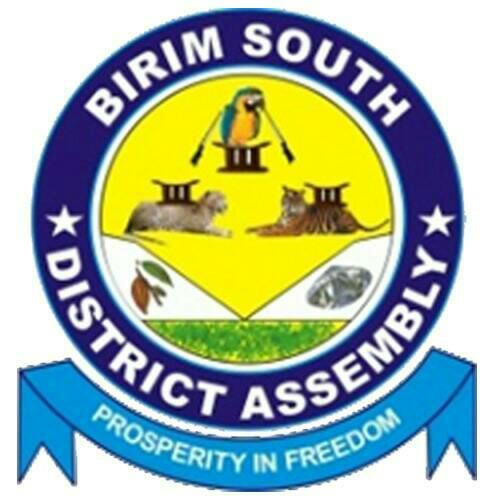RECORDS
The Record Unit in the Local Government Service of Ghana plays a crucial role in managing and maintaining official records, documents, and information. Its primary function is to ensure that records are organized, accessible, and properly preserved for effective governance, accountability, and decision-making. Here are some of the key functions of the Record Unit in the Local Government Service in Ghana:
- Record Keeping: The Record Unit is responsible for creating, organizing, and maintaining records related to the activities, decisions, and operations of the local government. This includes documents such as meeting minutes, reports, correspondence, policies, and legal documents.
- Document Management: The unit manages the lifecycle of documents, from creation to disposal. It establishes procedures for document classification, indexing, storage, and retrieval, ensuring that documents are easily accessible when needed.
- Information Access: The Record Unit facilitates timely and accurate access to information for internal staff, local government officials, and the public. This supports transparency, accountability, and informed decision-making.
- Archival Management: The unit is responsible for identifying records of enduring value and transferring them to an archival repository for long-term preservation. This helps ensure that important historical documents are preserved for future reference.
- Record Retention and Disposal: The Record Unit establishes retention schedules that outline how long different types of records should be kept before they are disposed of or transferred to the archives. This ensures compliance with legal and regulatory requirements.
- Records Security: The unit implements security measures to protect sensitive and confidential information. This can include access controls, digital security, and physical safeguards to prevent unauthorized access or loss of records.
- Record Digitization: In line with modernization efforts, the unit might be involved in digitizing paper records to improve accessibility and reduce the reliance on physical storage space.
- Records Training and Awareness: The Record Unit may conduct training sessions for staff to ensure proper record-keeping practices. This helps employees understand the importance of records management and how to handle documents effectively.
- Audit Support: The unit assists in audits and reviews by providing necessary records and documents to auditors, ensuring transparency and accountability in financial and operational matters.
- Compliance and Regulatory Support: The Record Unit helps the local government comply with legal and regulatory requirements related to records management, including data protection and privacy laws.
- Records Disposition: As records reach the end of their retention period, the unit facilitates the proper disposal process, whether through secure destruction or transfer to archival storage.
- Record Retrieval and Research: The unit supports internal staff, external stakeholders, and researchers in retrieving specific records or information required for various purposes.
Overall, the Record Unit’s functions contribute to effective governance, accountability, transparency, and the preservation of the local government’s history and activities. These functions are essential for maintaining a well-organized and efficient local government service in Ghana.
